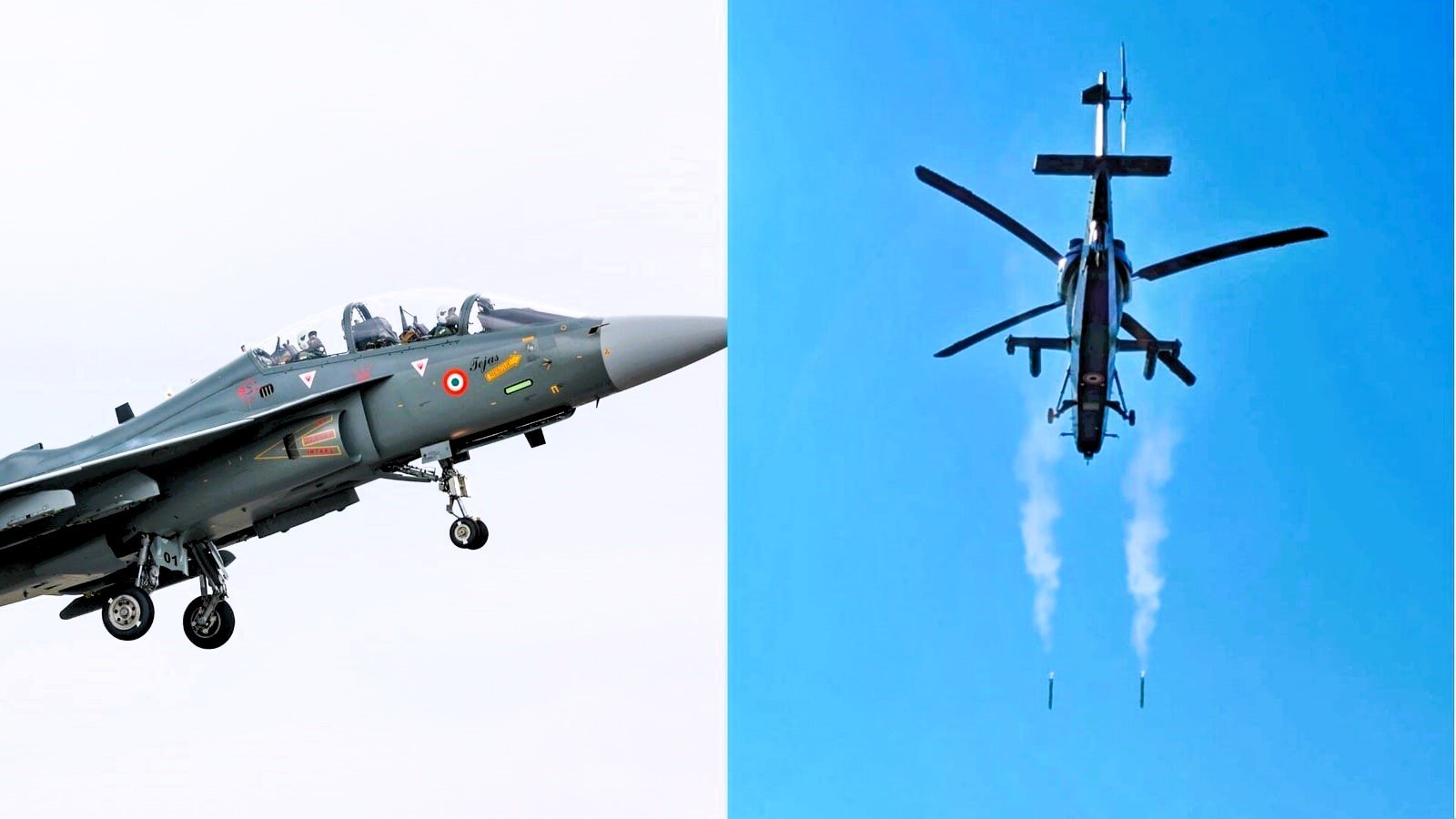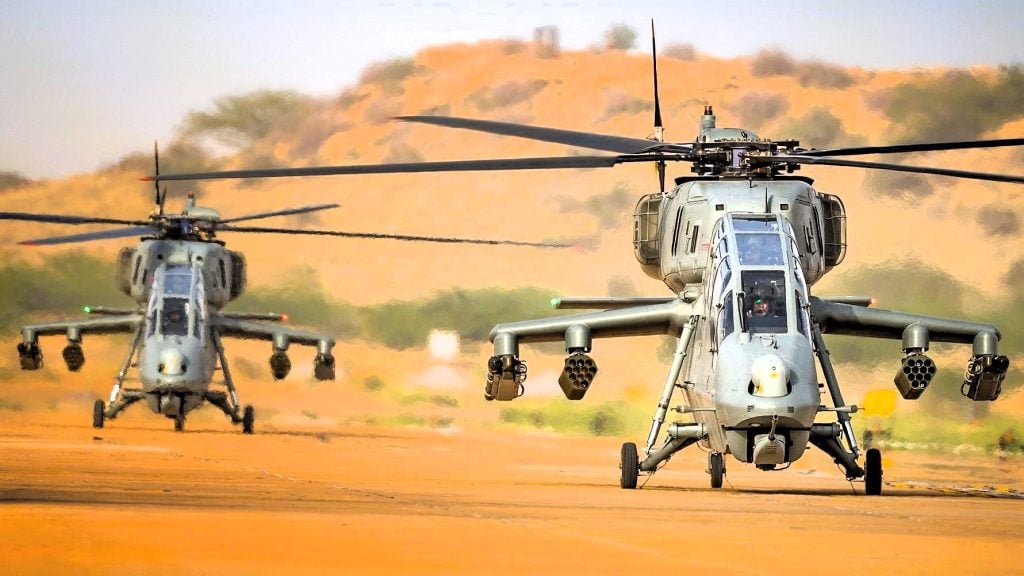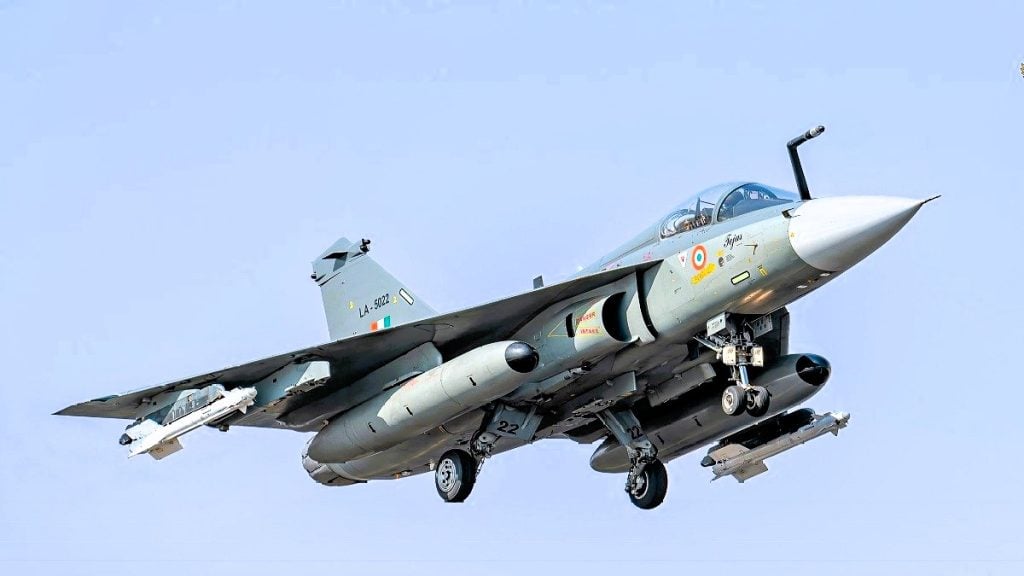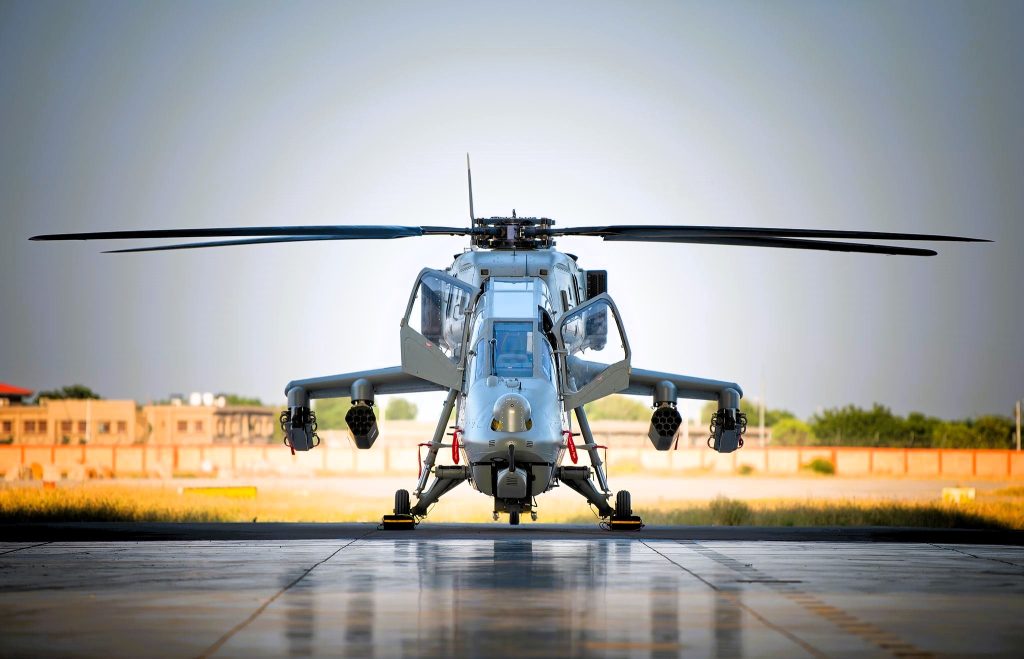India’s defense landscape is undergoing a transformative shift, marked by a resolute commitment to self-reliance and the empowerment of its indigenous defense capabilities. The government’s ‘Make in India’ and ‘Atmanirbhar Bharat’ initiatives have gained significant momentum, with two of the country’s homegrown aircraft programs – LCA Tejas and LCH Prachand – emerging as shining examples of this ambitious endeavor.
5 Top Fighter Aircraft of U.S. Air Force
The LCA Tejas: India’s Homegrown Aerial Prowess
The Light Combat Aircraft (LCA) Tejas has been a long-standing symbol of India’s pursuit of self-sufficiency in the defense sector. After nearly four decades of development, the country has finally witnessed the induction of its first indigenous combat jet into the Indian Air Force (IAF). The recent order for 97 LCA Mk-1A aircraft, valued at a staggering ₹67,000 crores ($8 billion), is a testament to the government’s unwavering support for this project.
The Tejas Transformation
The Tejas has come a long way since its inception in the early 1980s. Initially plagued by delays and technical challenges, the aircraft has undergone a remarkable transformation, emerging as a capable and versatile platform that can perform a wide range of combat missions. With two squadrons of the Tejas Mk1 already operational, the upcoming delivery of the Mk1A variants is poised to significantly bolster the IAF’s fighter fleet.
Overcoming Obstacles
The journey to get the Tejas inducted into the IAF has not been without its share of obstacles. India has taken nearly four decades to develop a functional, homegrown combat jet, a testament to the country’s determination and perseverance. The recent order for 97 LCA Mk-1A aircraft is a significant milestone, showcasing the government’s commitment to nurturing the Tejas program and establishing India’s prowess in the global defense market.
The Rise of the LCH Prachand
While the Tejas has been making headlines, another indigenous defense platform is poised to join the fray – the Light Combat Helicopter (LCH) Prachand. The Indian Ministry of Defense (MoD) has reportedly sent a Request for Proposal (RFP) to Hindustan Aeronautics Limited (HAL) for the purchase of 156 LCH Prachand helicopters, valued at a staggering ₹50,000 crores ($6 billion).
Addressing High-Altitude Challenges
The LCH Prachand has been specifically designed to address the Indian military’s operational requirements, particularly in high-altitude regions along the country’s borders with China and Pakistan. Its ability to operate effectively at altitudes of up to 21,000 feet sets it apart, making it a crucial asset for the Indian armed forces.
A Versatile Combat Platform
The LCH Prachand is India’s first indigenous multi-role combat helicopter, boasting impressive ground attack and aerial combat capabilities. Its customization to suit the diverse terrain and climatic conditions of the Indian subcontinent further enhances its strategic value, positioning it as a formidable asset in the country’s defense arsenal.
Overcoming Developmental Hurdles
The LCH Prachand’s journey has not been without its challenges. The project has faced several hiccups since its inception in the early 2000s, but the recent order for 156 units marks a significant milestone in its development and production. The induction of the Prachand will not only strengthen India’s defense capabilities but also contribute to the country’s broader objective of achieving self-reliance in the defense sector.
The Navy’s Top 5 Aircraft Carriers Ever
Expanding the Indigenous Defense Ecosystem
The massive investments in the LCA Tejas and LCH Prachand programs are not just about acquiring new platforms; they are part of a larger strategy to bolster India’s indigenous defense ecosystem.
Nurturing Domestic Capabilities
By placing these substantial orders, the government is sending a clear message – it is committed to supporting and nurturing the country’s domestic defense capabilities. This, in turn, will spur further innovation, technological advancements, and the development of a robust supply chain within the Indian defense industry.
Fostering Export Opportunities
While the LCA Tejas and LCH Prachand have not yet made their debut in the export market, the government’s efforts to promote these platforms globally are noteworthy. Several countries, including Argentina, the Philippines, Egypt, and Nigeria, have expressed interest in these indigenous aircraft, paving the way for potential export opportunities.
Strengthening Deterrence
The induction of the LCA Tejas and LCH Prachand will not only enhance India’s military capabilities but also strengthen the country’s deterrence against its adversaries. The ability to field these state-of-the-art, homegrown platforms sends a powerful message about India’s growing defense prowess and its commitment to safeguarding its sovereignty.
The Road Ahead: Navigating Challenges and Seizing Opportunities
As India embarks on this ambitious journey of self-reliance in defense, it faces a multitude of challenges and opportunities that will shape the future of its indigenous aircraft programs.
Addressing Production Delays
One of the key challenges is the timely delivery of these aircraft. The LCA Tejas Mk1A, for instance, has already missed its initial delivery deadline, highlighting the need for efficient production and supply chain management.
Enhancing Export Potential
To fully realize the benefits of these investments, India must focus on expanding the export potential of the LCA Tejas and LCH Prachand. Securing international orders will not only generate revenue but also bolster India’s global standing as a defense technology powerhouse.
Fostering Technological Innovation
Continuous technological innovation will be crucial to maintaining the competitive edge of these indigenous platforms. Investing in research and development, incorporating cutting-edge avionics, and ensuring seamless upgrades will be essential for the long-term success of these programs.
Conclusion
India’s massive $14 billion investment in the LCA Tejas and LCH Prachand programs is a clear manifestation of the country’s unwavering commitment to self-reliance in defense. These indigenous aircraft represent the nation’s aspirations to become a global player in the defense industry, capable of meeting its own military requirements while also catering to the needs of the international market. As India navigates the challenges and seizes the opportunities ahead, these programs will undoubtedly play a pivotal role in shaping the future of the country’s defense landscape.










